Hi! Our privacy policy explains how we use your data and cookies. By continuing to browse the site, you're agreeing to our use of cookies.
Why go organic?
Vision > Cost = Change
- Matt WrightFebruary 07, 2017
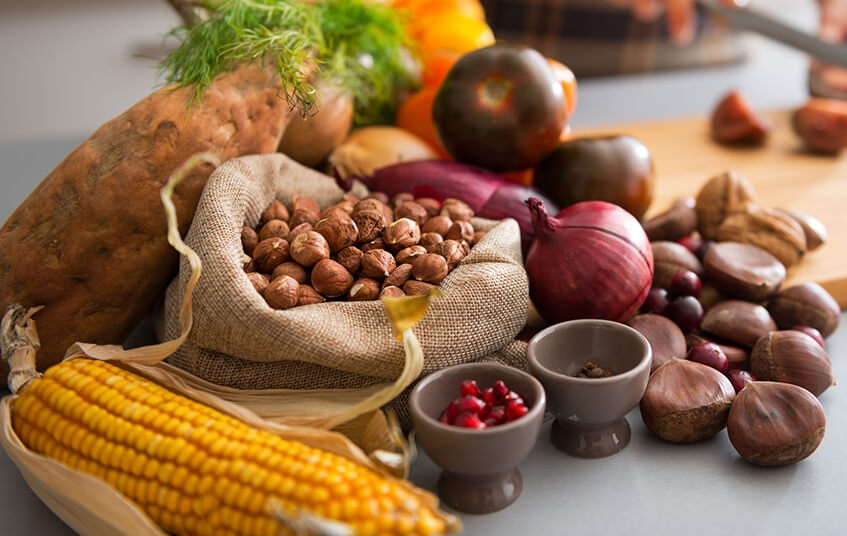
Share
Why Go Organic?
I first came across organic food 12 years ago when my wife suggested going on a detox diet. The basic premise of the diet was to remove as many unnatural toxins as possible and focus on ‘clean foods’. Off I went of my local organic shop and met some very nice bohemian types selling an array of organic ingredients I had never heard of like teff and tempeh along with the standards of broccoli and carrots.
Tooled up with brown paper bags of expensive and dirty produce I dutifully spent 3 weeks munching my way through such spirit lifting dishes as ‘vegetable surprise’ the only surprising element being the shocking combination of clashing flavour.
My vision at that time to outweigh the cost and sometimes questionable recipes was the prospect of leaving behind my susceptibility to heartburn and the idea of cleaning out a fair few ‘lifestyle’ toxins from the previous 25 years. Thankfully since then, most supermarkets now stock an organic range and detox recipes have improved.
In order for us to change a habit, job or lifestyle, the vision for what we are going to do must outweigh the cost of getting there
My vision now is the impact on my health and the environment that organic farming and produce can have. Here are the reasons I have learnt over the last 12 years to switch to organic. After these reasons we will look at the costs involved and see if they are outweighed by the vision.
Reasons for organic food
• Organic food is free of unnatural agrochemical pesticides – increasingly these types of pesticides are being shown as neurotoxins and damaging to the brain and nerve cells.
• Organic food is better for children as their developing bodies are more susceptible to chemical insecticides.
• Organic farms can be carbon sinks – organic farms can absorb more C02 than they produce making them a carbon sink environment
• Organic food production encourages independent family farmers who are committed to a 'whole system' farming that protects our soil
• Organic food production supports wildlife habitats
• Organic farms are safer for farm workers – research from the Harvard Medical School has shown there are serious health risks to workers exposed to pesticides.
• Eating organic may reduce your cancer risk - many herbicides and insecticides are potentially cancer causing.
• Organic meat lessens our exposure to the antibiotics, synthetic hormones and drugs used on intensively farmed animals, along with giving the animals a much better quality of life.
• Organic food is more nutritious
• Organic food is more flavoursome
Therefore the Vision is...
So all in all the vision for buying organic produce is: an environment of better health and wellbeing for us and animals, better health for our children, reduced global warming, reduced cancer risk, safer and fairer work environments and the icing on the cake is improved nutrition and flavour!
Coming back to Vision > Cost = Change. I have applied this principal to buying organic ingredients.
So what of the cost of this vision?
I have compared ingredients from major supermarkets and priced a weekly shop for two, one for ordinary ingredients and one for all organic ingredients. I discovered that you can buy all organic ingredients for every meal of the week for as little as an additional £7.00 per adult!
VISION COST
Better health
Healthier children
Happier animals
Reduced global warming £1.00 per day per adult
Reduced cancer risk
Safer and fairer working
More nutrition
Better flavour
To find out more about how you can improve your diet, start tracking what you eat to make sure you're getting all of the nutrition you need.
Start your free food diary now
Organic milk is more nutritious
Pesticides and cancer in children
Pesticide induced disease
Pesticides and neurotoxicity

Matt Wright
Director - Nutrient expert, researcher & data miner
I am responsible for the scientific research and data oversight at the CheckYourFood Group. A great journey of discovery for me as I uncover the myriad of goodness that natural food contains and facilitate others to promote health and wellbeing.
Love this? Get blogs and more in your inbox
Subscribe to receive our blogs plus each weeks featured ingredient, recipe and nutrient in your inbox
SUBSCRIBE
Thank you for registering
Search
Recent Posts
Tags
- added sugar
- alkaline
- alzheimer’s
- amino acids
- anti-inflammatory
- antioxidants
- beta carotene
- biotin
- black pepper
- blood pressure
- boil
- brocolli
- calcium
- calorie
- calories
- cancer
- capsaicin
- carbohydrate
- carotenoids
- chicken recipes
- chocolate
- cholesterol
- choline
- christmas
- clean eating
- coenzyme q10
- copper
- covid-19
- curry
- dementia
- detox
- diabetes
- diet
- easter
- endurance
- energy
- equinox
- fat
- fats
- fatty acids
- fibre
- fish
- flavonoid
- folate
- food battles
- food diary
- food tracker
- fruit
- gut health
- halloween
- health
- health goals
- heart disease
- high fructose corn syrup
- ibs
- immune system
- in season
- iodine
- iron
- kids yogurt
- life
- lipoic acid
- liver
- low carb
- lutein and zeaxanthin
- lycopene
- macronutrients
- magnesium
- manganese
- medicine
- mental health
- micronutrients
- microwave
- minerals
- myricetin
- natural sugar
- niacin
- nutrition
- obesity
- olive oil
- omega 3
- omega 6
- organic
- pantothenic acid
- phenylalanine
- phosphorus
- phytochemicals
- phytosterols
- pizza
- polyphenols
- potassium
- pregnancy
- probiotic
- protein
- quercetin
- rda
- recipe
- red wine
- resveratrol
- retention
- riboflavin
- saturated fat
- selenium
- seniors
- soup
- spice
- steam
- stress
- stroke
- sugar
- sugar free yogurt
- superfood
- supplements
- teaching
- thanksgiving
- thiamin
- thyroid
- tomatoes
- turmeric
- veg
- vegan
- vegetables
- virus
- vision
- vitamin a
- vitamin b12
- vitamin b6
- vitamin c
- vitamin d
- vitamin e
- vitamin k
- vitamins
- water
- weight loss
- weightloss
- yogurt
- zinc

The personalised nutrition platform for health hungry people

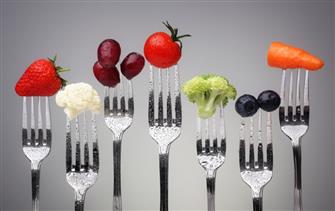 About nutrients
About nutrients
 All nutrients
All nutrients
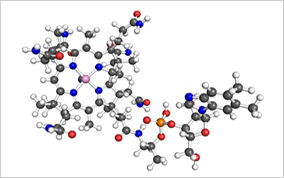 vitamins
vitamins
 minerals
minerals
 phytochemicals
phytochemicals
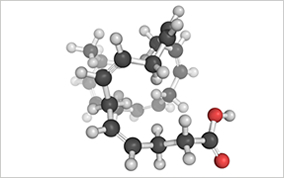 fatty acids
fatty acids
 macronutrients
macronutrients
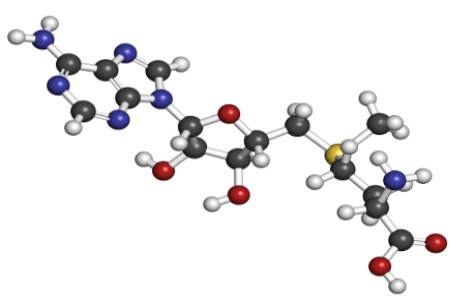 amino acids
amino acids


